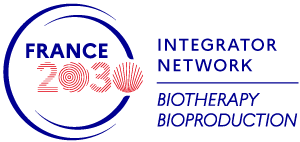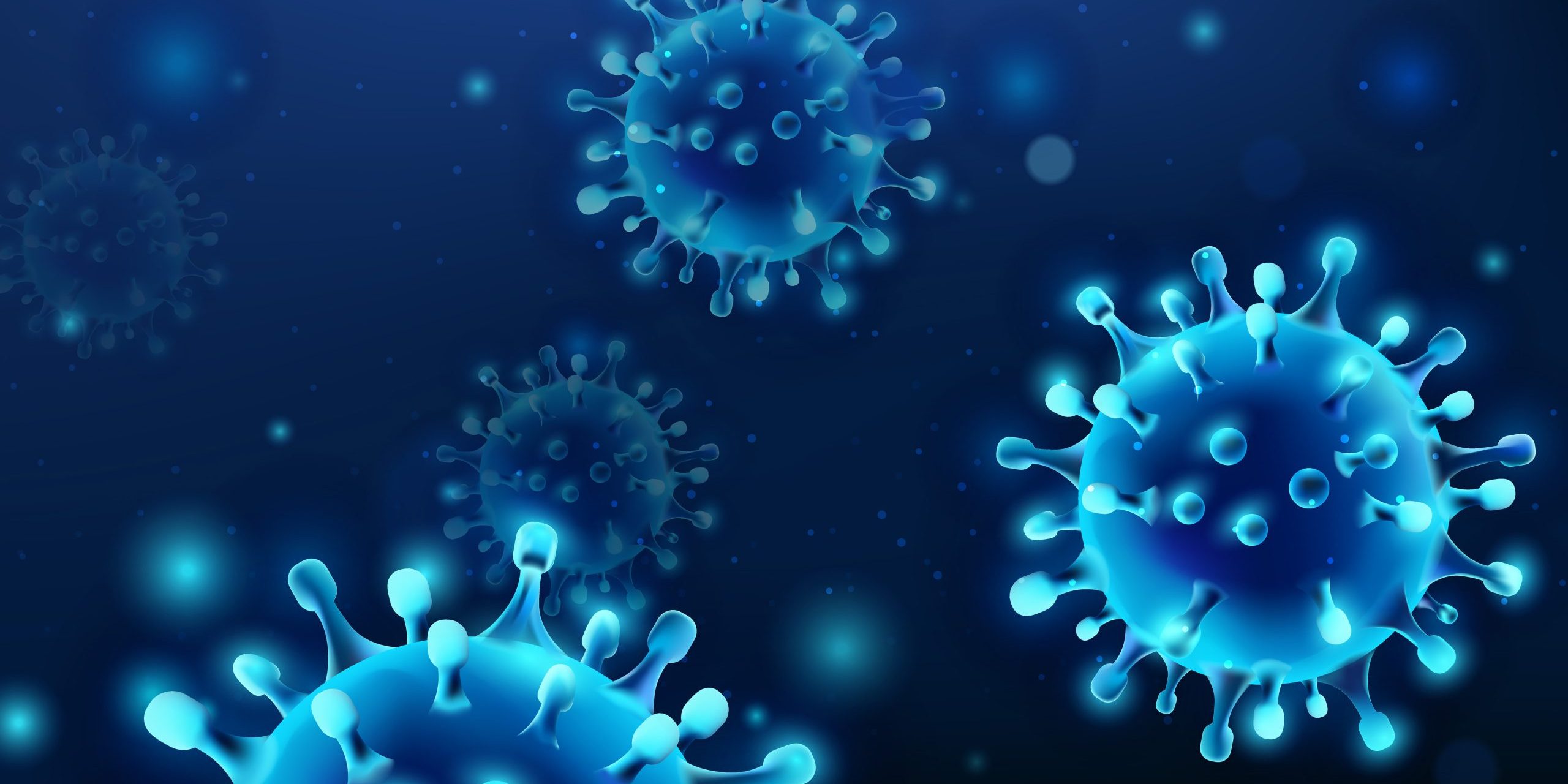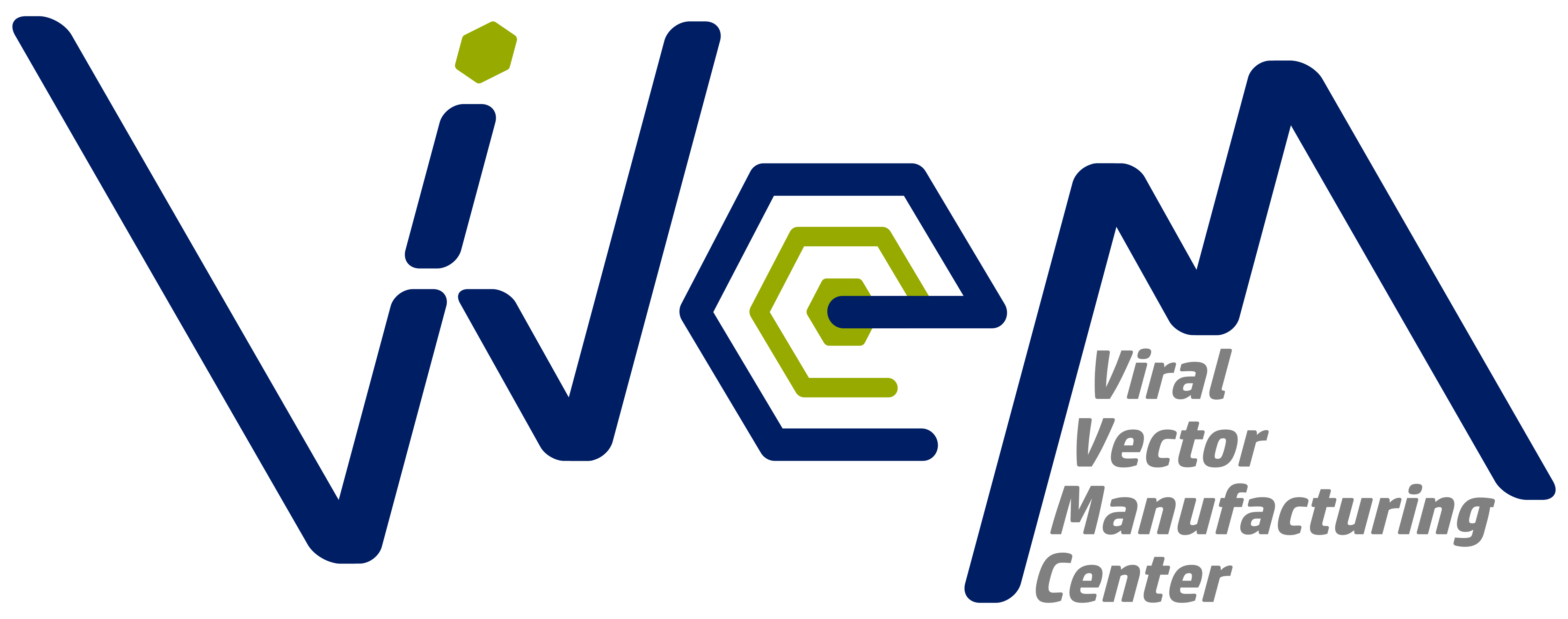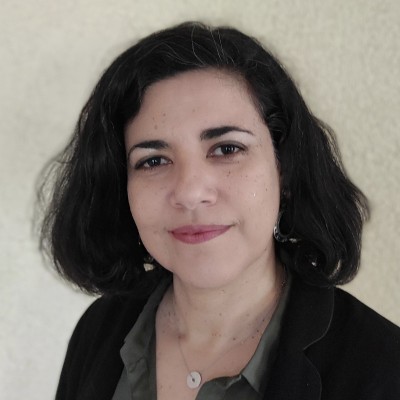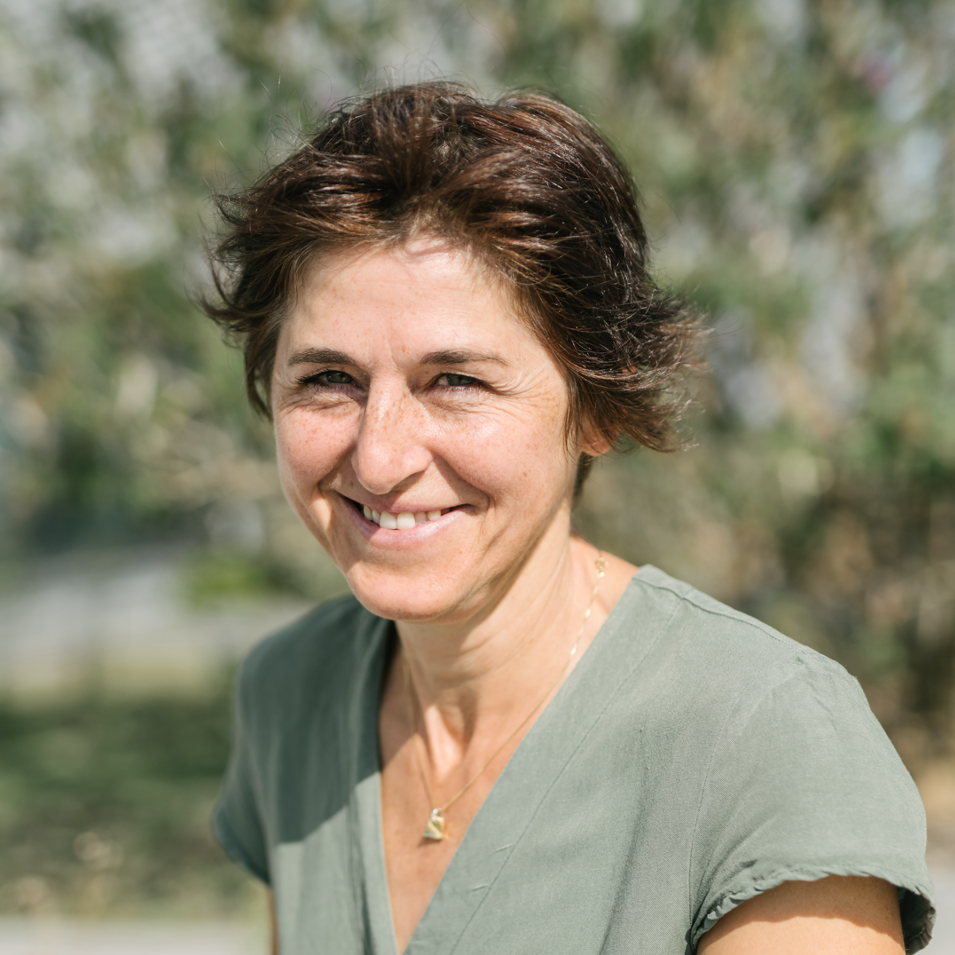Application domains
- Gene therapy
- Inherited diseases
Expertise
- Gene therapy
- Viral vector production
- Viral vector purification
- Vector design and optimization
- Cloning
- Cell culture
- Bioreactor
- USP
- DSP
- AAV (Adeno-Associated Virus)
- Lentivirus
- Adenovirus
- Scale-up
- Quality control
- Analytical development
- GMP-compatible process development
- Chemical modification of AAV vectors
- Aptamers
- Characterization
- Chromatography
- Evaluation of innovative technologies
Equipement of interest
- Ultracentrifuges
- Ambr®15 system
- Biostats® B-DCU 2L & 10L
- Biostat® STR50L
- Vi-CELL XR
- ÄKTA™ pure
- ÄKTA™ pilot
- ÄKTA™ pure 25
- ÄKTA™ pure 150
- KrosFlo® KR2i
Associated research structures
Who are we?
The Team : ViVeM was founded in 1997 under the name “CPV” by Nantes University, Nantes University Hospital, INSERM and the Pays de la Loire Region. ViVeM is closely related to the TaRGeT research teams and comprises 3 teams:
- Production of research-grade or pre-clinical vectors. Head: Véronique BLOUIN.
- VVPD (Viral Vector Process Development): development of GMP-compatible production processes and technological innovations to improve performance. Head: Oumeya ADJALI.
- Quality control: vector characterization and development of analytical assays. Head: Véronique BLOUIN.
What do we do?
Objective:
- Develop production and characterization methods for viral vectors derived from lentiviruses, adenoviruses and adeno-associated viruses (AAV).
- Create new, more efficient AAV vectors and production methods
- Reduce costs
- Increase yields
- Preserving quality suitable for human consumption.
- Use chemical and/or molecular engineering to create second-generation AAV vectors that are more effective and more specifically targeted, thus requiring lower dosages.
- Creation of optimized production processes with academic and industrial partners (cell culture, transfection, purification, etc.).
- Creation of more insightful analysis techniques thanks to high-throughput sequencing of AAV viral genomes.
Missions :
Production and characterization of research-grade or preclinical viral vectors. Technological and scientific innovations to increase production yields, improve the efficacy and targeting of therapies using viral vectors, and reduce viral vector production costs.
Quality label
- ISO9001
Examples of funded projects
- Academic:
- Bioscale project:
- Recombinant adeno-associated viruses (AAVs) are the viral vectors of choice for in vivo gene therapy, with five products currently approved on the market. However, the manufacturing process to produce large quantities of AAV vectors remains a major challenge.
- The BIOSCALE project aims to improve the entire large-scale AAV bioproduction chain, from intensive cell suspension culture to an improved vector purification system. At the end of this project, our ambition is to increase AAV production yields by a factor of at least 20 to 100, while complying with regulatory standards for product safety and activity. During this project, we will generate one or more proprietary ‘supercell clone(s)’ for producing AAV vectors in HEK293 mammalian suspension cells, with higher yields and improved quality. To select such clone(s), we will develop process control methods such as using holographic imaging technology to monitor the state of the cells during bioreactor culture and identify a specific optical signature of the cells during AAV production.To increase the productivity of the process, we will also develop a new purification method to reduce the number of purification steps and the processing time, and consequently, significantly reduce costs while improving the final quality of the vectors. The compatibility of these innovative developments with the recommendations of Good Manufacturing Practice (GMP) for medicinal products will be ensured and assessed throughout the project, particularly at the scale-up stages, to de-risk a future industrial transfer.
- This project is vital for the French AAV bioproduction landscape and will enable the emergence of breakthrough technologies that can be patented and industrialised. In addition, several of the technologies developed during this project may have applications for the bioproduction of other biotherapies (e.g. recombinant proteins, therapeutic antibodies, vaccines, etc.).
- Bioscale project:
Our guardianships & partners
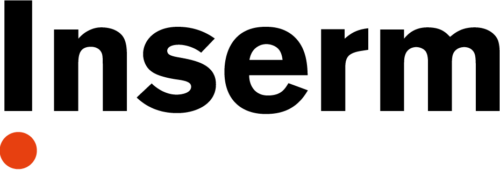
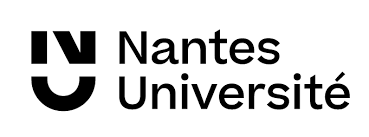
Follow us !
